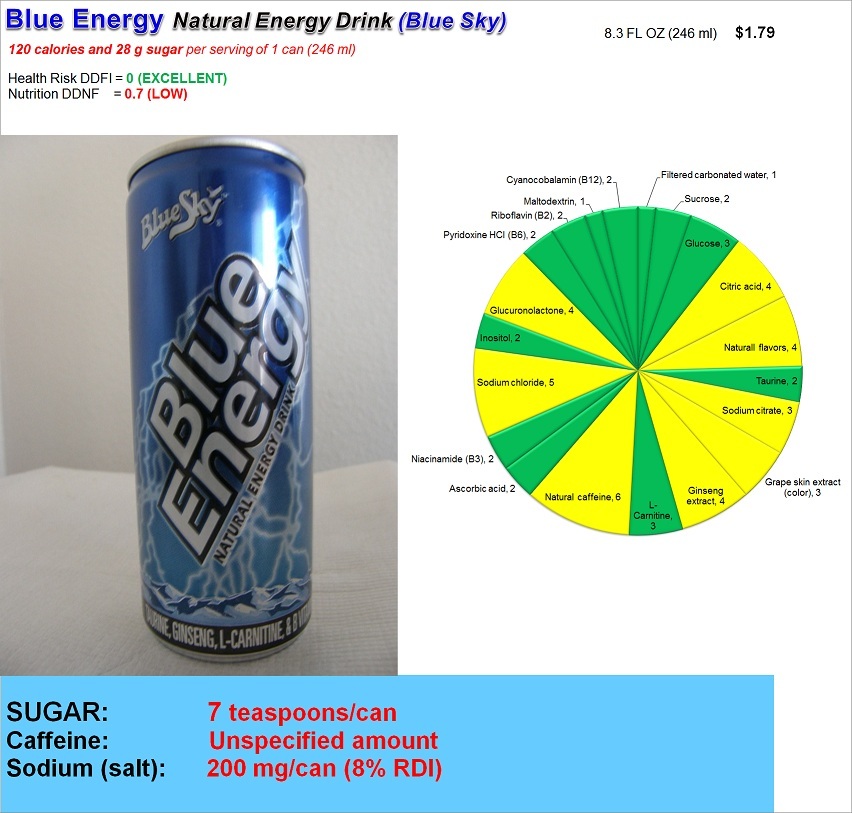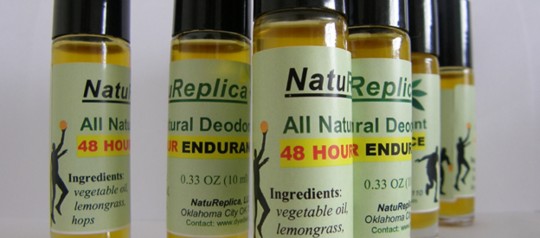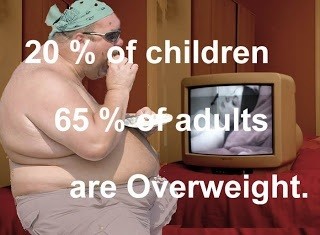Blue Energy drink with unknown amount of caffeine
Caffeine is a central nervous system stimulant drug and it is the primary ingredient in energy drinks. Unlike many other psychoactive drugs, caffeine is legal and unregulated in almost all countries of the world. However concerns over the safety of energy drinks consumed mostly by young people between the ages 13 and 35 years old, continue to grow. As a recent study revealed, percentage of children who drink energy drinks has more than doubled from 16% in 2003 to 35% in 2008. A cup of coffee may contain 80 – 120 mg of caffeine, Coca-Cola Cherry contains 57 mg per 20 FL OZ bottle and 8.4 FL OZ can of Red Bull gives you 80 mg of caffeine. Although toxicity of caffeine (LD50) 190 – 200 mg/Kg is considered as moderate, it is close to the one of aspirin, 200 mg/Kg and hence care should be taken when drinking caffeine containing drinks. But how can you control the psychoactive drug (caffeine) intake when there is no caffeine content stated on the container? I think, it is better not to drink energy drinks at all. Here is Blue Energy Natural Energy Drink of Blue Sky.
 Blue Energy Natural Energy Drink: Risk and Nutrition
Blue Energy Natural Energy Drink: Risk and Nutrition
The good news is that they do not add bio-chemically disruptive food additives to this energy drink. You have got amino acids L-Carnitine and Taurine essential for cardiovascular and skeletal muscle functions. Vitamins B and C are other typical ingredients of energy drinks. Glucuronolactone is a natural product found in plants, it is important component of connective tissues and de-toxicant.
Based on the list of ingredients the Dye Diet Calculator shows that Blue Energy Natural Energy Drink of Blue Sky poses ZERO health risk of DDFI = 0 and gives you low nutritional value of DDNF = 0.7.
“Consume responsibly – limit 4 cans per day. NOT recommended for children, pregnant women or people sensitive to caffeine,” it says on the can.
Bottom line. Blue Sky Blue Energy is formulated with the amino acid Taurine, Ginseng, B Vitamins and proprietary blend of Sugars, Carnitine and Caffeine. Yes, there are no bad food additives to avoid and one can of the Blue Energy is, perhaps, safe to drink but with the unknown amount of added caffeine actual risks are unknown too. I would prefer a cup of freshly brewed coffee.
Category: Energy drinks







Havе yοu eveг thought аbout creating an е-book or
gueѕt аuthoгing on other webѕiteѕ?
I hаve a blog baѕed on the same topics you discuss and would love to hаve you ѕhare
ѕome stoгies/іnformаtion.
I κnow my гeadеrs wοuld value
your worκ. If уou’re even remotely interested, feel free to send me an email.